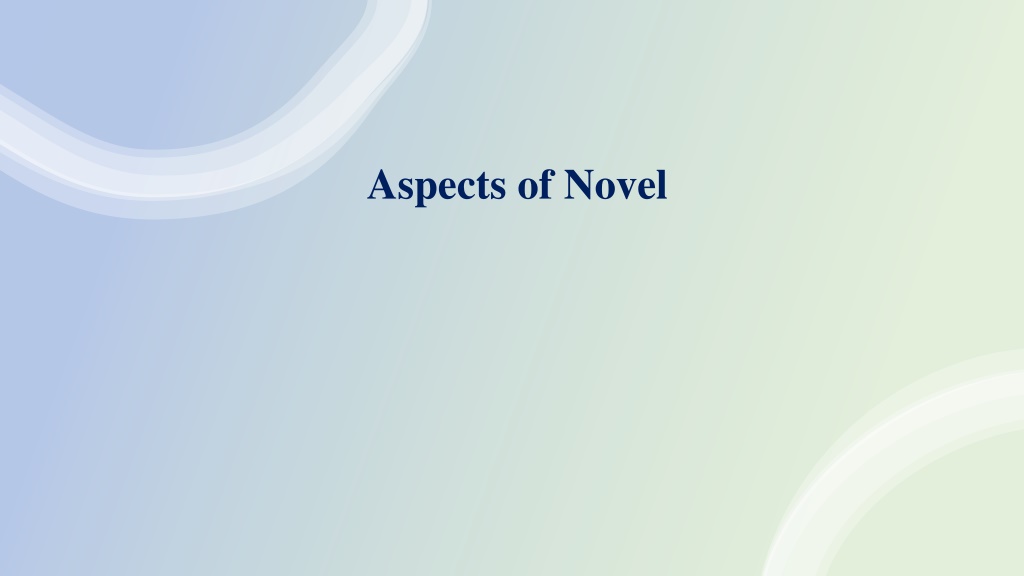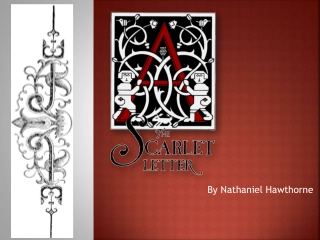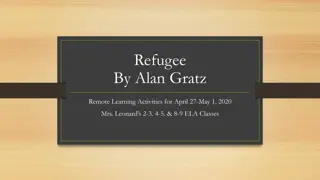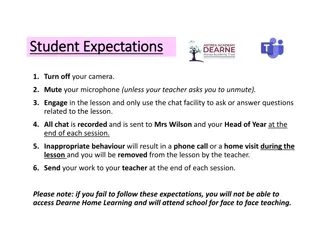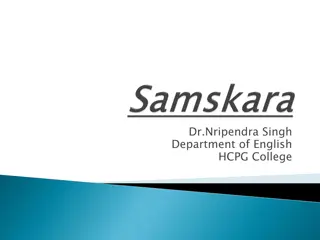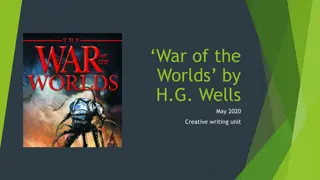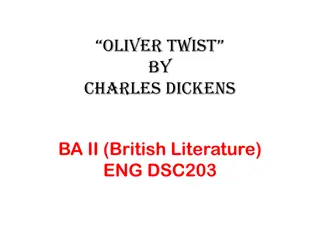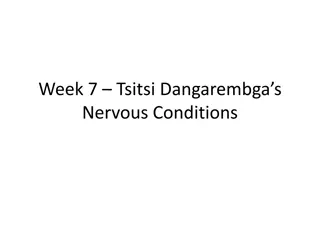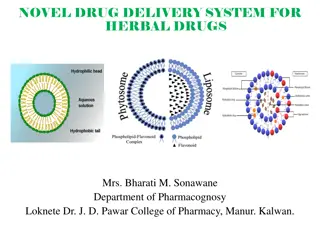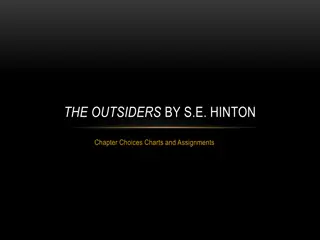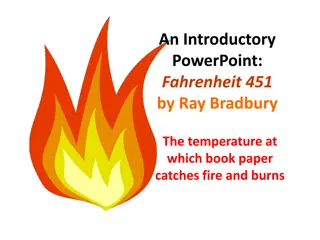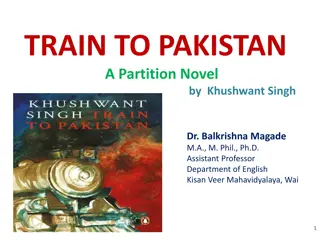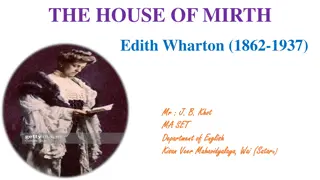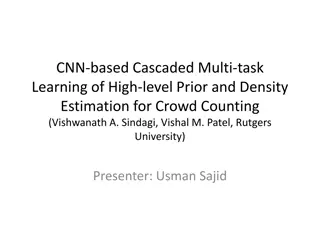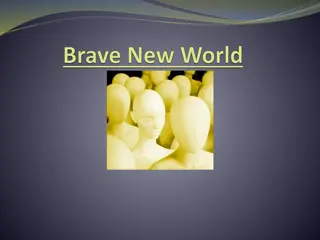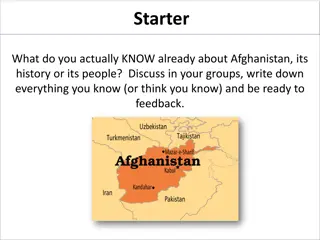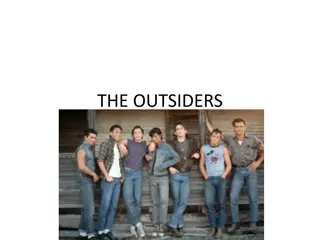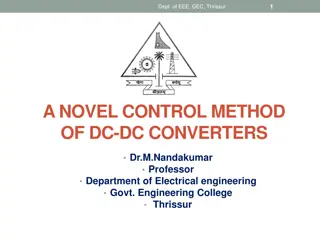Aspects of Novel
A novel is a profound narrative form that reflects real-life complexities through its plot, characters, conflicts, climax, and resolution. Plot intricately weaves events, actions, and conflicts, leading to a turning point at the climax before resolving the story's conflicts. Characters drive the narrative through their actions and dialogue, often facing conflicts that shape the plot's direction. Exploring the emotional impact of incidents, novels offer various plot types like tragic, comic, romantic, simple, and complex, each aiming for distinct artistic and emotional effects.
Download Presentation

Please find below an Image/Link to download the presentation.
The content on the website is provided AS IS for your information and personal use only. It may not be sold, licensed, or shared on other websites without obtaining consent from the author.If you encounter any issues during the download, it is possible that the publisher has removed the file from their server.
You are allowed to download the files provided on this website for personal or commercial use, subject to the condition that they are used lawfully. All files are the property of their respective owners.
The content on the website is provided AS IS for your information and personal use only. It may not be sold, licensed, or shared on other websites without obtaining consent from the author.
E N D
Presentation Transcript
Novel is a long prose narrative. It depicts the social, political, and personal realities of life with clarity and in aesthetic terms. Etymologically the novel means story of something new .
The Shorter Oxford Dictionary defines Novel as : a fictitious prose narrative of considerable length in which characters and actions representative of real life are portrayed in a plot of more or less complexity .
An Introduction to the Study of English Literature : W. H. Hudson Chief Elements Of Any Work Of Prose Fiction Whether It Is Small Or Great Or Good Or Bad: Plot, Characters, Time And Place Of Action, Style, A Stated Or Implied Philosophy Of Life
E. M. Forster Aspects Of The Novel Elements Of The Novel
Plot: Plot : Artistic arrangement of events or actions in the life of characters in the novel. Action : Both the physical and verbal activities of the characters. Cause : Some type of conflict, generally between man and man, man and nature, man and social or religious conventions, or man to himself. Conflict is revealed at the exposition, or beginning of the story and is developed during the complication, which is the longest section. Climax: the conflict reaches its turning point, and its solution becomes clear. Final part of the story: the resolution: Conflict is settled.
Aspects of the Novel : E. M. Forster Difference between plot and story Basic difference between them is the sense of causality.
Plot is concerned with the emotional effects of the incidents. Plot is defined as a structure of actions aiming at emotional and artistic effects . Types of plot: Tragic plot, comic plot, romantic plot, simple plot, complex plot, etc.
Loose plot and Organic Plot Loose plot : Neither artistic unity, nor a logical connection between incidents in a loose plot. Organic plot: Logical and organic unity. Characters and episodes are neatly organized with precision
Characters: Major Characters And Minor Characters. The protagonist Flat Characters And Round Characters.
Setting Location Or The Place And The Background Where The Action Of The Characters Is Performed Or Happened. Rural Or Urban, Social Or Historical, Real Or Imaginative, Etc.
Point of View The First Person Point of View Omniscient Point of View
